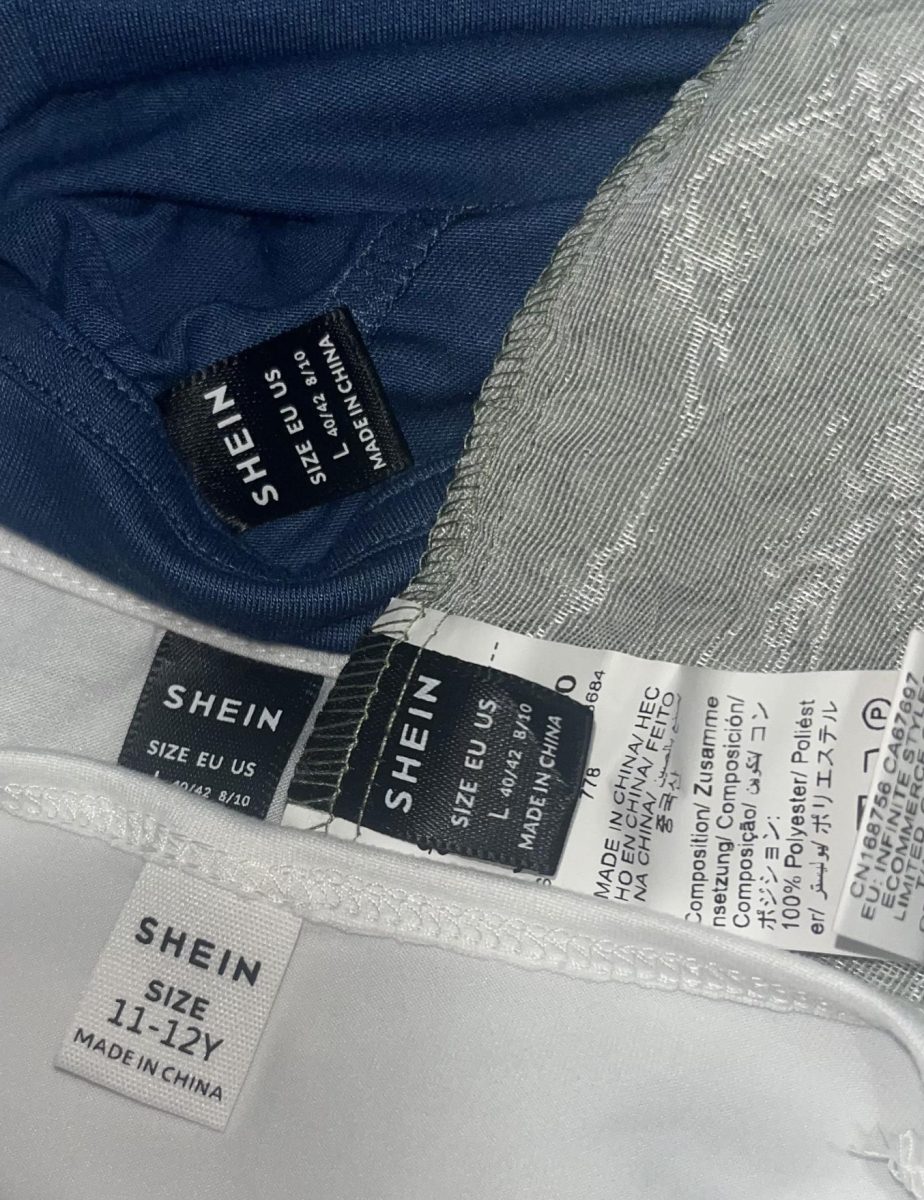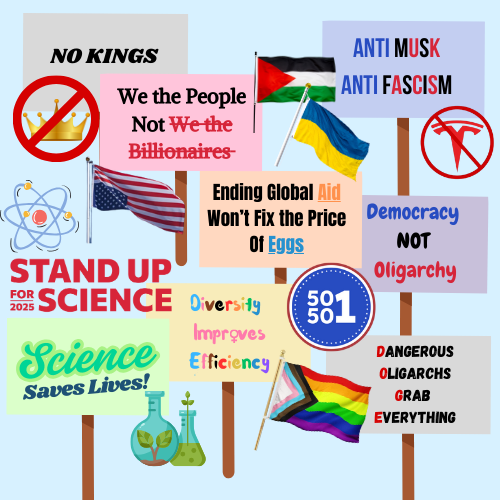In a world where trends change with the seasons, fast fashion has become the go-to affordable, stylish clothing. But beneath the allure of low prices and endless variety lies a hidden cost.
Fast Fashion brands like Shein and Temu, produce massive amounts of clothing at a rapid pace, often sacrificing quality, ethics, and the environment to keep up with demand. While we enjoy the convenience of inexpensive, trendy pieces, the impact on garment workers, waste production, and pollution is severe.
According to The International Law and Policy Brief, of the approximately 75 million workers worldwide who produce these products, less than 2% of them make a living wage. This leads a vast majority of the workers to live below the poverty line in their countries. In addition, many workers are working for 16 hours or more, 7 days a week. Because of these factors and many more, the European parliament described the working conditions as slave labor.
“The unethical working conditions in the industry are despicable! We’re taking advantage of disenfranchised communities who have little to no say in how they earn their income, all for their work to end up in landfills,” a 2024 LHS graduate, Aicha Beye, said.
Additionally, the physical health of these workers are depleted more and more. Workers are constantly exposed to over 8,000 synthetic chemicals, most of which have been shown to cause cancer. Most fast fashion brands build their factories in countries like India, Vietnam, and Bangladesh, for the sole reason that there is a lack of oversight and protection for the workers, making it easier to exploit them. Many brands also choose to not have much oversight on workers, to protect themselves from legal liabilities.
Along with the unethical exploitation of poverty-stricken workers, the effect of waste production on the earth is detrimental. Earth.org explains that 1.92 million tons of textile waste is produced every year from fast fashion brands. Of the 100 billion garments produced each year, 92 million tons of it end up in landfills. To put this in perspective, it would be like one garbage truck filled with clothes ends up on a landfill site every second. To go along with this, the fast fashion industry is responsible for 20% of global water waste. The process of which color and other chemicals are applied to fabrics, is responsible for 8-10% of global CO2 emissions. These cheap clothes are also a huge source of microplastics, because most are made up of nylon and polyester, which are cheap and durable. So, when you wash and dry the clothes, those microplastics end up moving through the sewage system and into waterways. Almost 10% of the microplastics that end up in the ocean are a result of the fast fashion industry.
In addition to the insane amounts of waste and chemicals produced, the effects on pollution are just as important. Because of the rapid pace of garment production, it demands a large amount of raw materials, creating a significant amount of pollution, and degradation of air and wildlife habitats.
The fast fashion industry has a significant impact on the climate crisis, producing as much as 10% of the global carbon dioxide emissions, according to Earth.org. Animal based textiles such as wool are responsible for greenhouse gas emissions, water pollution, and widespread habitat loss from deforestation and grassland conversions. Wool is also commonly blended with fibers derived from fossil fuels and coated with chemicals, further increasing the environmental cost. The process of making textiles is an energy intensive process, requiring large amounts of petroleum, which releases matter and acids like hydrogen chloride.
You can help reduce these detrimental effects by shopping at sustainable clothing shops like Pact, Patagonia, Stella McCartney, Fair Indigo, and more. You can upcycle, thrift, shop locally, and most importantly, stop buying from fast fashion brands like Shein, Temu, H&M, Forever 21, Zara, Urban Outfitters, and so much more.
“A lot of people who purchase from fast fashion don’t realize that what they’re buying is from a fast fashion company,” Clara Walker (12) said.















Keena Boschert | Nov 20, 2024 at 7:33 am
What’s so upsetting is people know the conditions workers are in and the effect fast fashion has on the environment, but still continue to shop because of convenience. It’s so easy to just not shop from a company that you know hurts its workers and the Earth. Not using Shein isn’t going to break your bank. Websites like ThredUp or Mercari sell clothes for incredibly cheap that are all used, but still great quality.